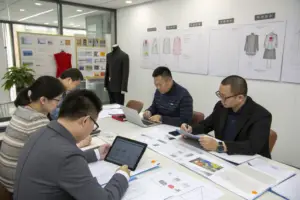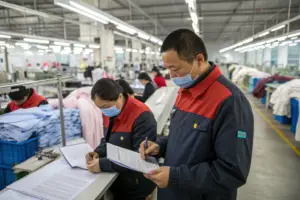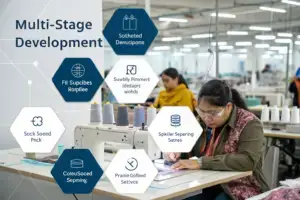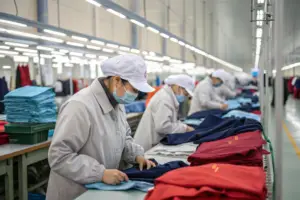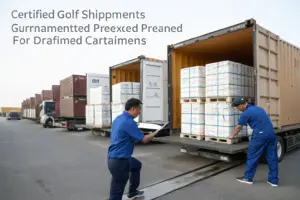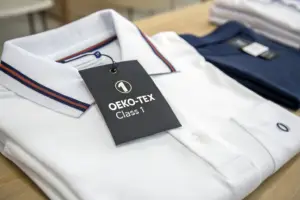In recent times, the U.S. has been in a deep supply chain crisis, with serious congestion at several ports, and the resulting shortage of supplies has caused U.S. businesses, especially small businesses, to cry foul.
Some U.S. small business owners said they will go directly to Chinese factories to get goods in order to ensure sufficient inventory.
NBC reports that supply chain problems in the U.S. have led to shortages of pet food, Christmas trees, toilet paper, baby supplies, and more.
Large retailers like Walmart and Home Depot have been using private shipping tools to secure supplies. The makers of Beanie Babies, for example, have bypassed congested ports and used 150 charter flights to ship needed stuffed animal products from China to the United States.

The solutions are expensive and difficult for small businesses to afford, according to the report.
"What we're doing now is placing a bigger order and bringing the goods (from China) directly to our warehouse." One small business owner said bluntly.
To make sure they have enough product, U.S. small businesses have to get creative and minimize delays, the report said.
In some cases, they will go directly to Chinese factories to pick up orders.
On the other hand, this has led companies to open their own warehouses in the U.S. in order to bypass port congestion.
Pish Posh Baby, a baby store in New Jersey, used to go to China to pick up their goods.
They used to do this to save money because manufacturers would sometimes give discounts to merchants who picked up goods directly from their factories.

But because of the current supply chain clogging problems in the U.S., they're going to China for a different purpose than they used to.
"A lot of times now, manufacturers don't have enough margin to offer discounts, so we go to China just to get the product. We're not there to save money, we're (going to China to get the product) becoming more frequent."
Charlie Birnbaum, the company's chief operating officer, said that by picking up its own goods, the company has been able to have more control over distribution and can get items to customers faster.
What is being done now is to place a larger order and take the goods directly to its own warehouse.
Not only Pish Posh Baby, but Kids2, a U.S. toy company with several brands, is also feeling the pinch from the supply chain crisis.
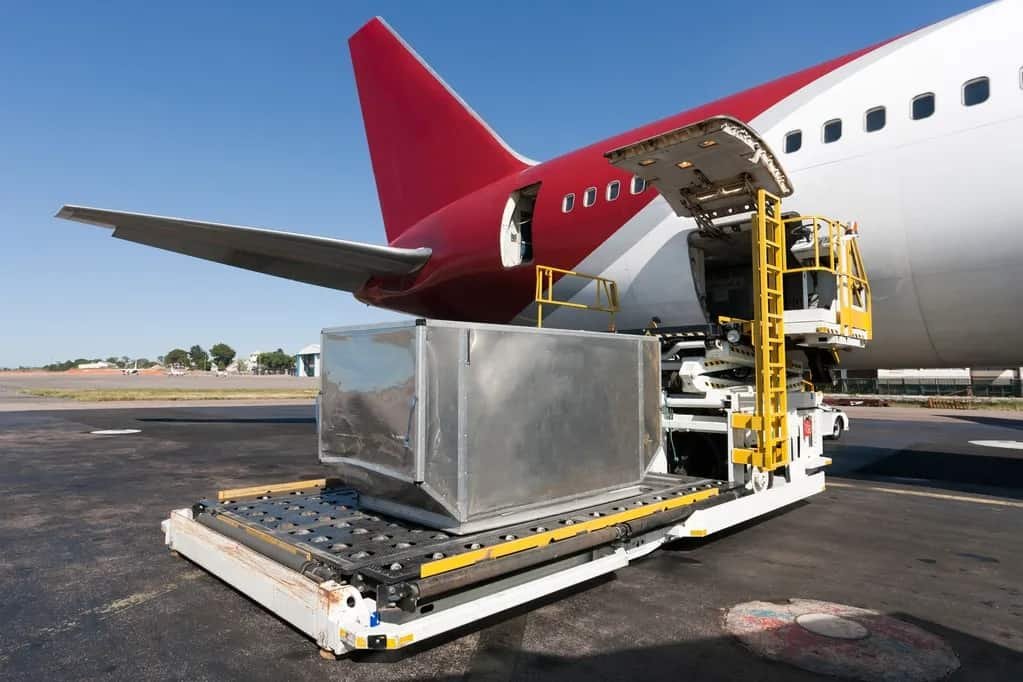
The company's CEO, Ryan Gunnigel, said there has been an increase in demand from retailers wanting to pick up goods directly from Chinese factories, with a total of 10 major retailers making similar requests to him.
"Retailers are looking for big companies like us to help them solve some of their supply chain challenges."
Gunnigel saw where things were headed early on, and fortunately for him, his company had a solid base in China before the supply chain issues arose.
That also allowed Gunnigel's company time to respond (to the supply chain issues) and seize more opportunities.
He also said that even with preparation, if its own inventory ran out, it would take about six months to replace it.
Even if a company can get products directly from China and can afford shipping to the U.S., there is still a backlog of products at U.S. ports.

Once ships at the port are able to dock and unload cargo containers, those containers are subject to long lines at the post's processing center, waiting to be labeled and picked up by shippers.
Levai Conroe, CEO of U.S. e-bike company Lectric, also said the process can now take weeks rather than days.
Especially in February and March, when delays were at their worst, it took five to six weeks from the moment a shipment arrived at the port to reach the company.
"The third-party logistics and distribution centers in Los Angeles are currently unavailable. They don't have enough access to get the goods out." Conroe said.
The report concludes that the "dramatic" measures taken by U.S. small businesses to maintain inventory and meet demand show that the supply chain crisis is putting enormous pressure on retailers.
As Birnbaum put it, "there are problems all the way from sourcing goods to getting them to U.S. customers.




